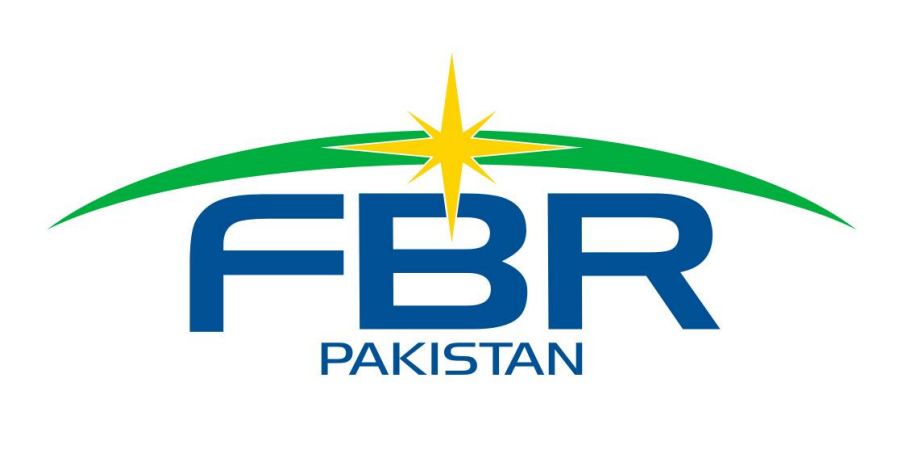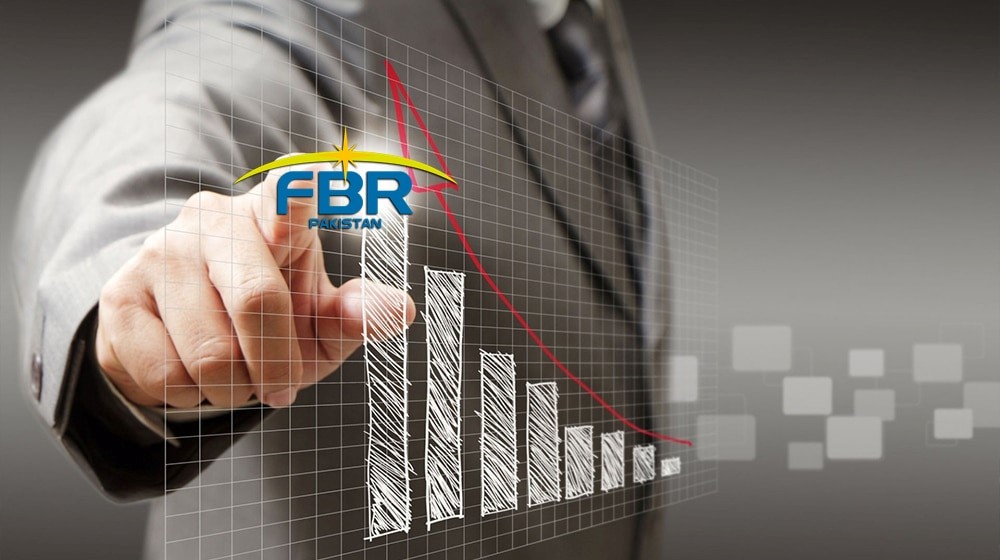ISLAMABAD: The Federal Board of Revenue (FBR) has directed all importers, manufacturers, wholesalers/ dealers/ distributors and wholesaler-cum-retailers of fast-moving consumer goods to operate under FBR’s electronic sales tax (e-ST) integration system.
In relation to this matter, the FBR has introduced SRO 1525 DI (I) / 2023 on Tuesday.
As per the notification, the FBR has informed the following categories of registered individuals in accordance with Rule 150Q of the SRO 1525(1) /2023:
(i) Importers and manufacturers of fast-moving consumer goods
(ii) Wholesalers (including dealers) and distributors of fast-moving consumer goods
(iii) Wholesaler-cum-retailers involved in bulk import and supply of fast-moving consumer goods on a wholesale basis to retailers.
In the notification, unless context suggests otherwise, “fast-moving consumer goods” refer to consumer goods supplied in retail marketing based on the daily demand of a consumer, excluding durable goods, as clarified by the FBR.

The purpose of this notification is to outline the mode and manner for issuing electronic integrated invoices for additional categories of registered individuals, with the effective date to be notified by the FBR.
The updated procedure is applicable to the electronic transmission of sales tax invoices by registered individuals on the specified date and in the manner specified by the board through an official gazette notification.
The integrated supplier is required to issue a real-time verifiable electronic sales tax invoice for each taxable supply and service, containing information as prescribed under section 23 of the Act.
Additionally, the registered person must retain records and documents for a period of six years on electronic media, as specified by the FBR.
The FBR emphasized that the integrated supplier must adhere to all requirements specified by the Board for integration, recording, storage, issuance, and transmission of verifiable electronic invoices in real-time.
This includes the provision of any necessary hardware, software, or connectivity required under these rules for the integration and operation of the electronic invoicing system.

